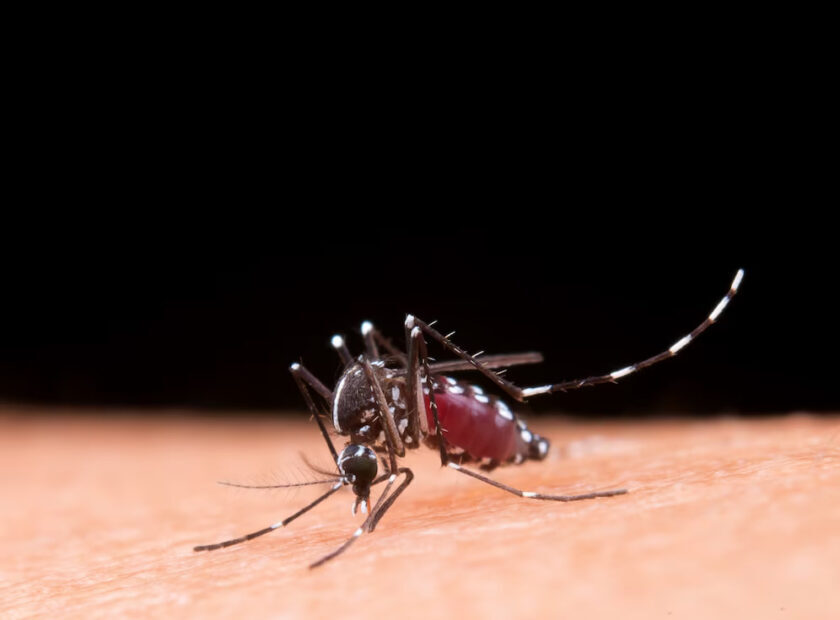Top Tips for Hormonal Well-Being: Nurturing Balance and Health
Subtitle: “Simple yet effective strategies for maintaining hormonal
equilibrium and promoting overall well-being.”
Prioritize a Healthy Diet: Nourish Your Hormones from Within
A balanced and nutrient-rich diet is essential for hormonal
well-being. Incorporate foods rich in healthy fats, such as avocados
and nuts, which support hormone production. Include high-fiber foods
like whole grains and vegetables to aid digestion and prevent blood
sugar imbalances. Opt for lean proteins, such as fish and legumes,
which provide essential amino acids for hormone synthesis. Remember to
limit processed foods, sugary snacks, and excessive caffeine, as they
can disrupt hormonal balance.
Regular Exercise: Keeping Hormones Active and Balanced
Engaging in regular physical activity is vital for hormonal health.
Exercise helps regulate insulin levels, reduces stress hormones, and
promotes the release of endorphins, which can uplift mood and reduce
menstrual discomfort. Aim for a combination of aerobic exercises,
strength training, and flexibility exercises like yoga or Pilates.
Find activities you enjoy and make them a consistent part of your
routine.
Manage Stress: Cultivate Relaxation and Emotional Well-being
Chronic stress can wreak havoc on hormone levels, leading to
imbalances and negative health consequences. Incorporate
stress-management techniques such as meditation, deep breathing
exercises, or mindfulness practices to reduce stress hormone
production. Engage in activities that bring joy and relaxation, such
as spending time in nature, pursuing hobbies, or connecting with loved
ones. Prioritizing self-care and maintaining a healthy work-life
balance are also crucial for managing stress effectively.
Get Sufficient Sleep: Recharge Your Hormonal System
Adequate and quality sleep is vital for hormonal well-being. During
sleep, the body restores hormone levels and supports overall health.
Aim for 7-9 hours of uninterrupted sleep each night, and establish a
regular sleep schedule. Create a calming bedtime routine, minimize
exposure to electronic devices before bed, and ensure your sleep
environment is conducive to relaxation and rest.
Maintain a Healthy Weight: Strive for Balance and Body Positivity
Maintaining a healthy weight is essential for hormonal balance. Excess
body fat, particularly around the waistline, can disrupt hormone
production and increase the risk of hormonal imbalances. Focus on
adopting a balanced approach to weight management, emphasizing body
positivity, self-acceptance, and sustainable lifestyle changes. Seek
guidance from healthcare professionals or registered dietitians to
create a personalized plan that suits your unique needs.
Hormone-Friendly Supplements: Consult with a Professional
Certain supplements, under the guidance of a healthcare professional,
may support hormonal health. Vitamin D, omega-3 fatty acids,
magnesium, and adaptogenic herbs like ashwagandha and maca are known
to have potential benefits for hormonal balance. However, it’s crucial
to consult a healthcare provider or a registered dietitian before
introducing any supplements to ensure safety and effectiveness.
Regular Health Check-ups: Stay Informed and Proactive
Regular check-ups and consultations with healthcare professionals are
essential for monitoring and maintaining hormonal well-being. Discuss
any concerns or symptoms related to hormonal imbalances with your
healthcare provider, who can recommend appropriate tests, offer
guidance, and provide necessary treatments or interventions.
Remember, these tips are general guidelines, and individual hormone
levels and health conditions may vary. It’s important to consult with
healthcare professionals for personalized advice and recommendations
based on your specific needs and circumstances.





